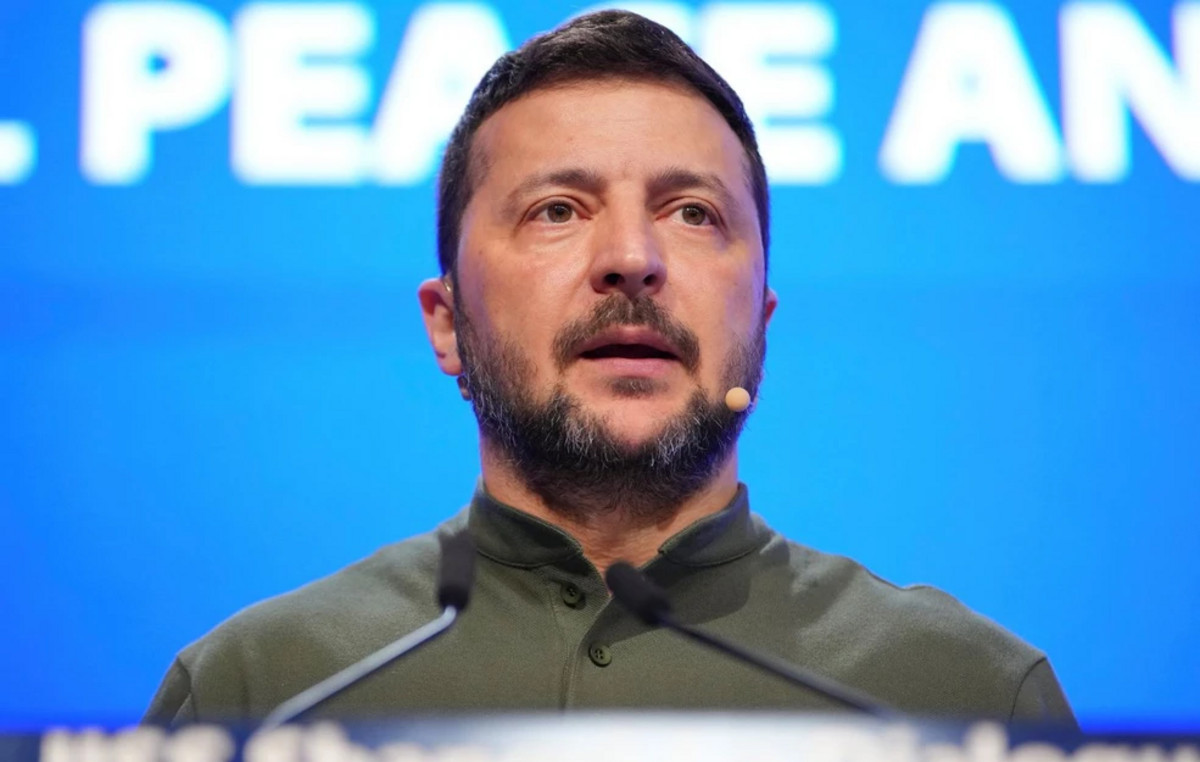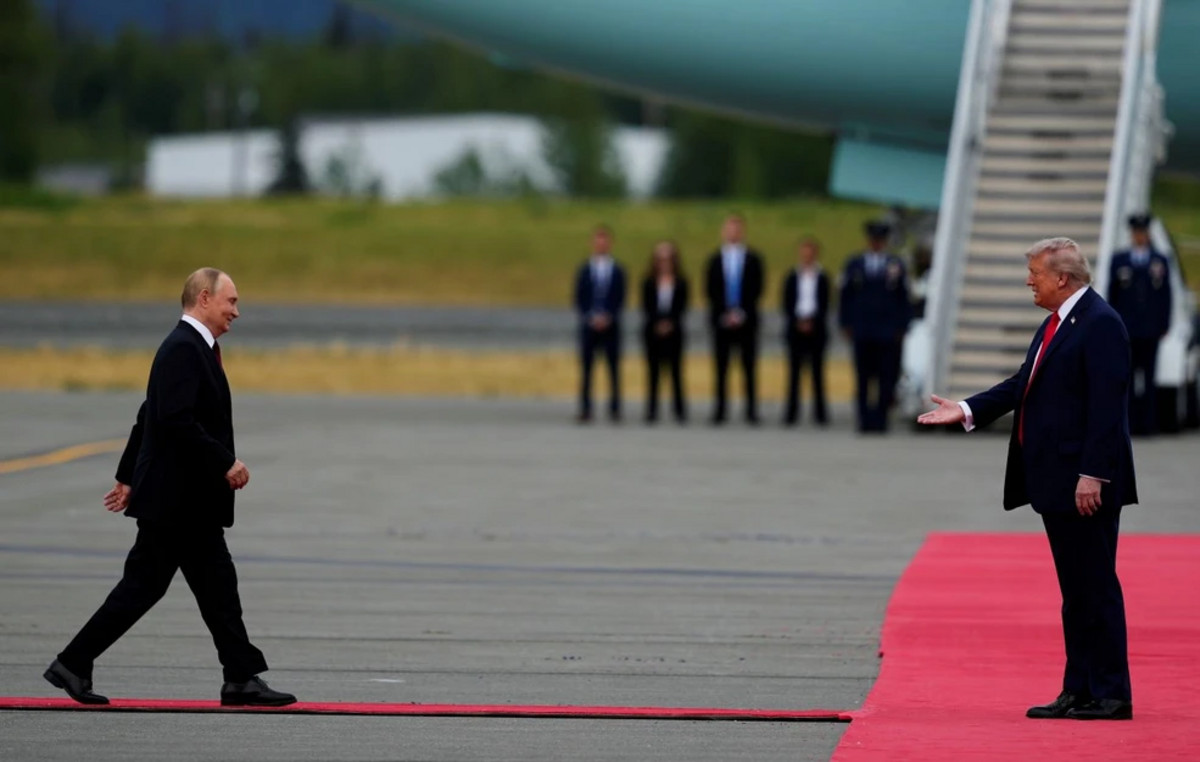Kim Jong-un’s visit to Russia marks a historic role reversal between North Korea and the former Soviet Union.
- In the Korean War, between 1950 and 1953, it was Josef Stalin who provided weapons and logistical support for the mobilization of Chinese and North Korean troops against the pro-capitalist forces in the South, supported by the United States.
- Now, it is North Korea that offers Soviet-designed ammunition and rockets to Russia to maintain its war effort against Ukraine.
What are North Korea’s goals?
In return, Kim wants technology to build military spy satellites and submarine-fired missiles capable of carrying nuclear warheads.
These are very sensitive items for any country to share. However, the format of the meeting between Kim and Vladimir Putin, and above all the location, the Vostochny Cosmodrome, in the far east of Russia, indicate that the North Korean dictator may achieve what he wants, at least in part.
Opened in 2016, the base symbolizes the independence of Russia’s space program, which previously launched its rockets from Baikonur, in Kazakhstan.
Upon meeting Kim, who had disembarked from his limousine brought by train from Pyongyang, at the entrance to the base, Putin shook his hand for 40 seconds. The meeting lasted 4 hours.
Russian reporters who attended the visit said the North Korean dictator asked detailed questions about the Russian space program.
“Russia is currently engaged in a fair fight against hegemonic forces to defend its sovereign rights, security and interests,” Kim declared. “The Democratic People’s Republic of Korea has always expressed its full and unconditional support for all measures taken by the Russian government, and I take this opportunity to reaffirm that we will always stand with Russia on the anti-imperialist front and on the independence front.”
VIDEO – War between Russia and Ukraine is tiring humanity, says Lula
First trip in 4 years
On the 70th anniversary of the Korean War armistice, July 27, Russian Foreign Minister Sergey Lavrov visited Pyongyang, and was filmed at an exhibition of weapons from the North Korean arsenal.
During the visit, Lavrov invited Kim to visit Russia. It was the first trip since 2019 for the North Korean dictator, who isolated his country and himself during the pandemic.
Significantly, he prioritized Russia over China, North Korea’s closest ally. The explanation is exactly the emergency experienced by Russia.
War factor
The Ukrainian counter-offensive makes progress, albeit slowly, and reaches strategic targets, such as the Sevastopol naval base, in Crimea, this Wednesday. Soviet military doctrine is based on the massive use of artillery.
Stocks of ammunition, rockets and missiles, accumulated since Soviet times, are running out. North Korea has tens of millions of artillery ammunition compatible with the Russian system, inherited from the Soviet Union.
Given this, Kim feels he can extract more concessions from Putin than from Chinese dictator Xi Jinping.
In addition to satellite and missile technology, its shopping list includes food and energy, of which Russia has plenty. The two countries are targets of the West’s biggest sanctions.
North Korea also helps Iran, another sanctioned country, with its nuclear program. Iran, in turn, supplies drones to Russia, which has used them massively to attack Ukraine, filling the shortage of rockets and missiles in the Russian arsenal.
The three countries are allies of China, which now no longer needs to worry about the power projection of Russia, its former adversary. The cost of the military adventure in Ukraine and the resulting isolation made Russia dependent on China.
Source: CNN Brasil
Bruce Belcher is a seasoned author with over 5 years of experience in world news. He writes for online news websites and provides in-depth analysis on the world stock market. Bruce is known for his insightful perspectives and commitment to keeping the public informed.







